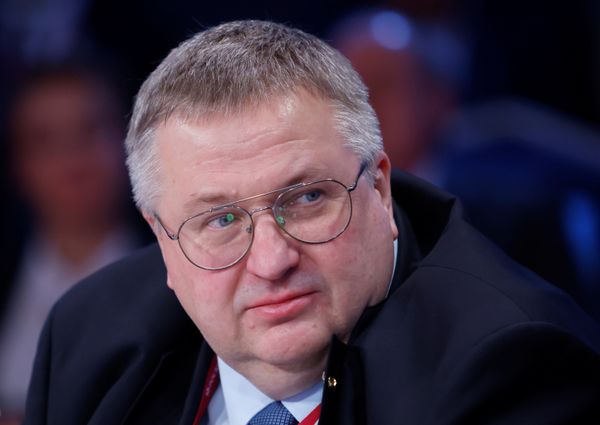MOSCOW, May 15 — The Russian-led Eurasian Economic Union (EEU) free trade deal with Iran went into effect on Thursday, paving the way for increased trade across sectors ranging from agriculture to metals, a senior Russian official was quoted as saying.
The EEU also includes Kazakhstan, Belarus, Armenia, and Kyrgyzstan, but Russia is by far the largest economy in the union. Russia and Iran have grown closer in recent years, and trade between the two countries, both heavily sanctioned by the West, grew by 16 per cent to US$4.8 billion (RM20.56 billion) last year.
Moscow and Tehran signed a 20-year strategic partnership agreement in January. The two countries have supplied each other with weapons, and Russia has defended what it says is Tehran's right to peaceful nuclear energy.
"Over the past decades, Iran has protected its market by encouraging the development of its own competencies within the country, and for the first time in its history, has opened its market to goods from third countries," Deputy Prime Minister Alexei Overchuk told Russian news agencies.
He estimated that Iran's average tariff on Russian goods under the deal will fall to 5.2 per cent from the current 16.7 per cent, saving Russian exporters about US$300 million (RM1.28 billion) a year.
Iran's Oil Minister Mohsen Paknejad, who visited Moscow in April, stated that the free trade deal will increase bilateral trade to US$6 billion (RM25.7 billion). Iran was the third-largest buyer of Russian wheat in 2024.
Overchuk said that Russian exporters of rolled products, metal structures, pipes, paper, radar equipment, grains, sunflower, soybean, rapeseed oils, and sunflower seeds are set to receive the most benefits from the deal.
On Wednesday, the Kremlin said that Russian President Vladimir Putin has an invitation to visit Iran, but the dates have not yet been agreed.
— Reuters


